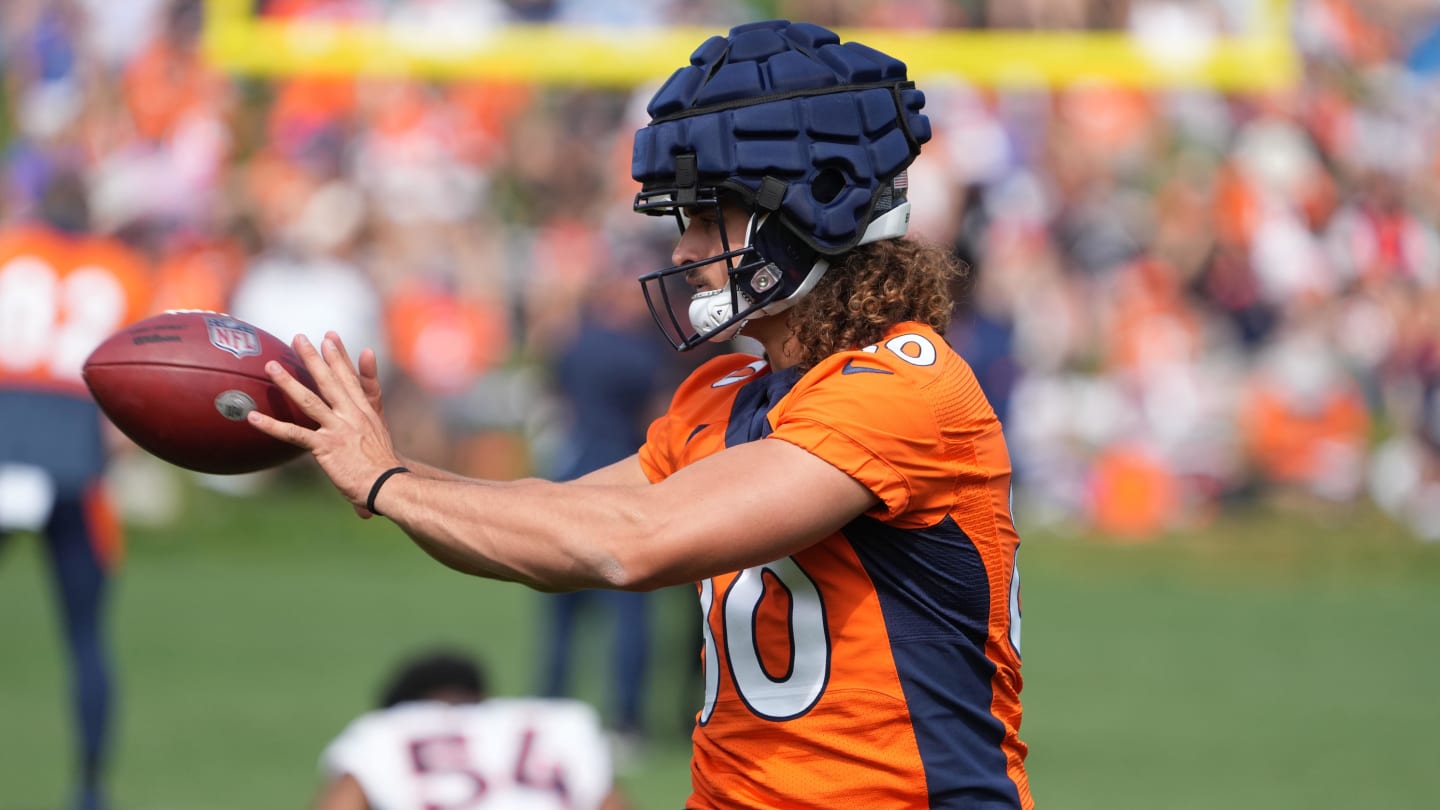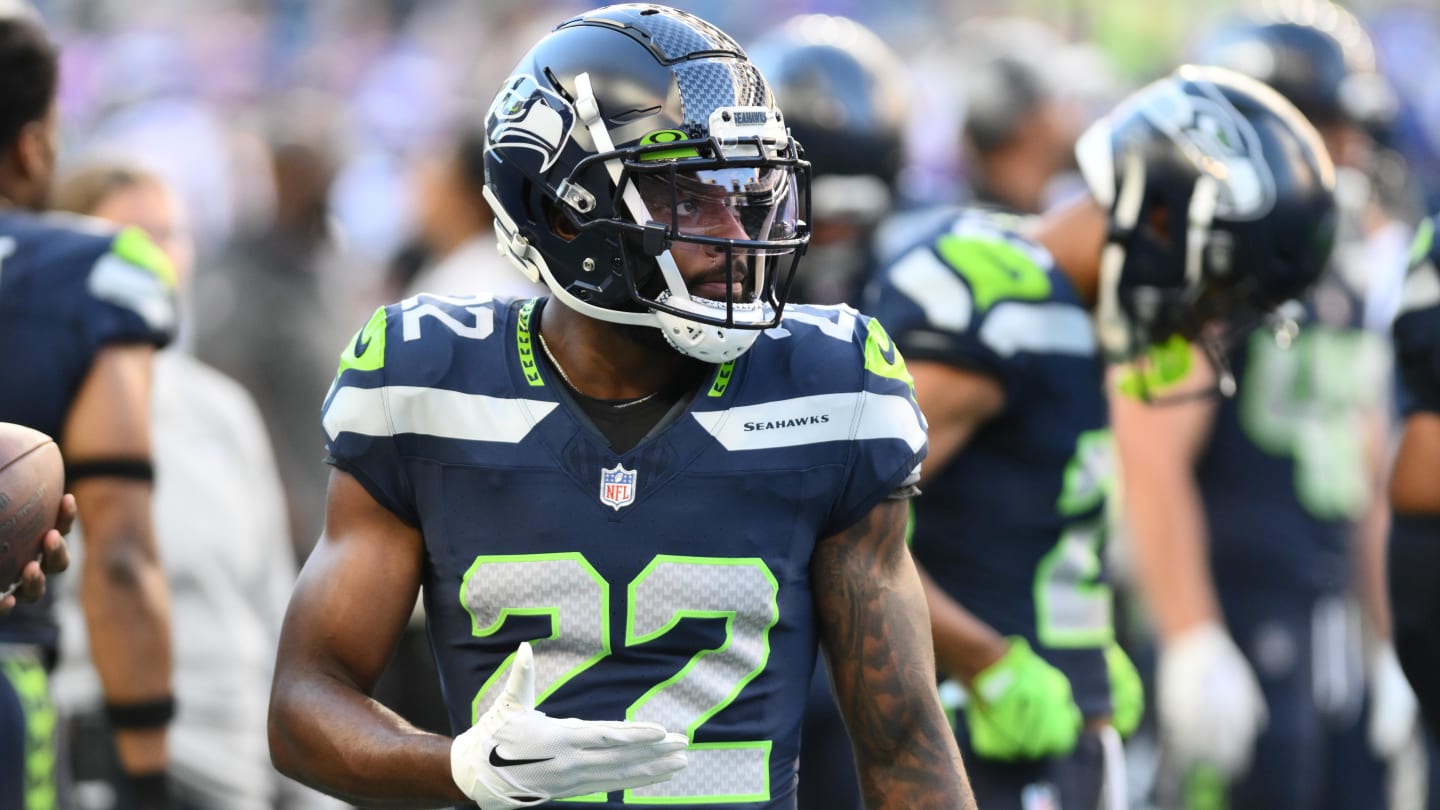The UK government is split over a financial support package for Harland & Wolff in a row that casts uncertainty over the future of the Belfast shipbuilder behind the Titanic.
The Treasury has reservations about approving a taxpayer-backed £200mn guaranteed loan facility, while three rival ministries — Defence, Trade and Business, and the Northern Ireland Office — are all keen to press ahead, according to Whitehall officials.
Chancellor Jeremy Hunt, who must greenlight the package, has not made up his mind and is still receiving advice, with some involved in the talks claiming he is dragging his feet on the decision, three people with knowledge of the talks said. Insiders said a decision is expected in the coming days. H&W wants to borrow up to £200mn from a group of banks at a lower interest rate with the government acting as a guarantor for those loans.
Without the guarantee, the lossmaking business will need to find other sources of financing to help meet its working capital requirements and fulfil key contracts that include building three ships in a £1.6bn Royal Navy contract.
The company’s auditors last year warned the business faced “material uncertainty” unless it could source fresh financing and win additional new work.
The group is also engaged in pay negotiations with staff and “needs the money” to meet payroll, one person with knowledge of the business said.
Report of the government split comes only days after defence secretary Grant Shapps claimed the UK was entering a “golden age” of shipbuilding, after he approved new warships as part of the UK’s increased military spending.
Two of the officials said that the government was inclined to help the Aim-listed company, which has operations in Scotland and England as well as the iconic shipyard where the Titanic was built and whose yellow cranes dominate the Belfast skyline.
One insisted that the Treasury was concerned about the specific financing mechanism proposed, but was not opposed to the principle of extending support to the 163-year-old company. Officials are weighing alternative support options in the event the chancellor blocks the guarantee scheme.
However, MPs have questioned whether it is right to use taxpayers’ money to support the struggling business at all.
Kevan Jones, Labour MP for North Durham, on Wednesday called on the National Audit Office to investigate the matter.
“There are serious questions to answer around the use of taxpayer money in guaranteeing a multimillion pound loan to Harland & Wolff, given its current financial position,” Jones told the Financial Times.
Jones, who has previously raised concerns in parliament about the intention to offer an unprecedented 100 per cent guaranteed loan, wrote to Gareth Davies, head of the NAO, earlier this week asking the agency to look into what guarantees were in place to protect taxypayers.
Jones said there were also questions to be asked about the “due diligence that was done on the ability of H&W to deliver on the £1.6bn contract prior to it being awarded”.
“The National Audit Office should seek answers to these questions on taxpayers’ behalf,” said Jones.
In a statement on Wednesday, H&W said its management was “comfortable with progress on what is a complex and large transaction for all parties involved”.
H&W shares fell more than 28 per cent on Tuesday before recovering half their losses to close at £10.10, valuing the business at less than £18mn.
The company’s latest annual accounts, to the end of 2022, showed revenues of £27mn but losses of £70mn. H&W also had net debt of £82.5mn, in part thanks to high interest payments on a $100mn loan to New York-based Riverstone Credit Partners.
In December, H&W said it had “sufficient funds” to meet its working capital requirements “until the new loan facility is completed”.
Francis Tusa, analyst and editor of the Defence Analysis newsletter, said “awarding a £1.6bn contract to a company with a market value substantially below this level is not best practice”. H&W has not built a complex warship for more than two decades.
Ministers had agreed in December to advance the loan guarantee to the next stage, so that H&W could work on financing with its bank syndicate.
The officials said the MoD, DBT and NIO want a financial package agreed swiftly to offer certainty around the future of the shipbuilding business.
The package is critical if H&W is to deliver on a £1.6bn contract to build three support ships for the Royal Navy, which it won in 2022 as part of a Spanish-led consortium. Unions have previously raised concerns that the work could migrate to Spain.
The NIO supports extending finance to Harland & Wolff, mindful of its status as an iconic Belfast-founded business that has particular significance to the unionist community, according to one of the Whitehall insiders. The government pledged in January to support the region’s shipbuilding and defence industries.
Despite the row, first reported by The Times, unions remain confident. Alan Perry, senior organiser for the GMB union in Belfast, said he was “definitely not” hearing the company was in any danger or anything “at the moment that would concern us”.
A government spokesperson said: “We continue to engage with Harland and Wolff with the export development guarantee. Due to commercial sensitivities, it would not be appropriate to comment further until the outcome of the process is confirmed.”





























